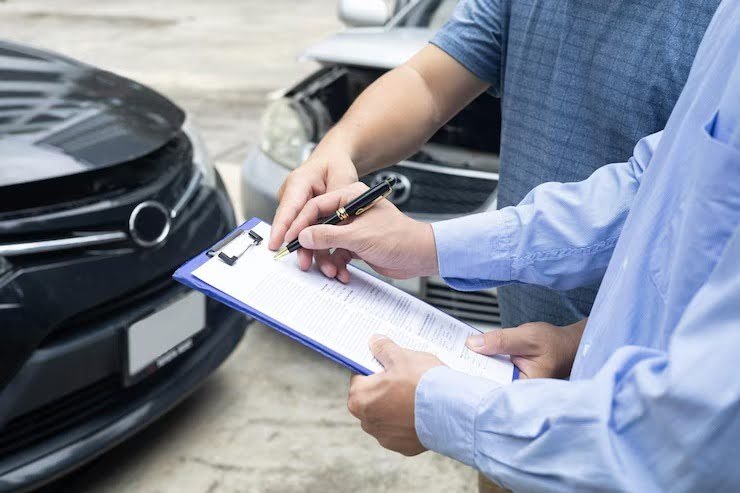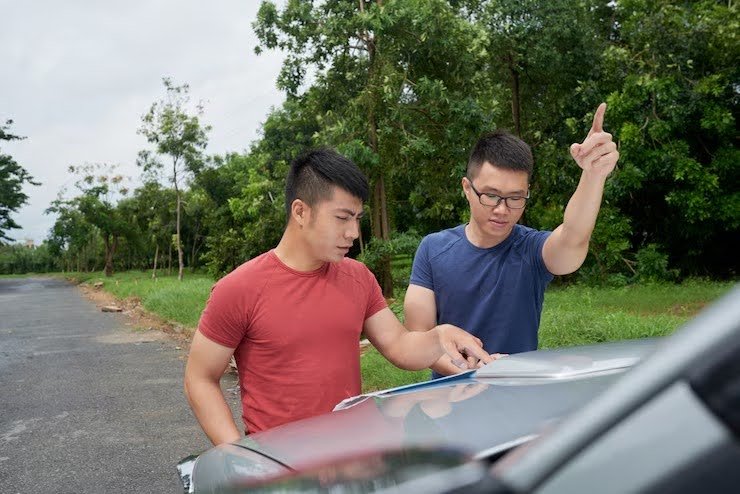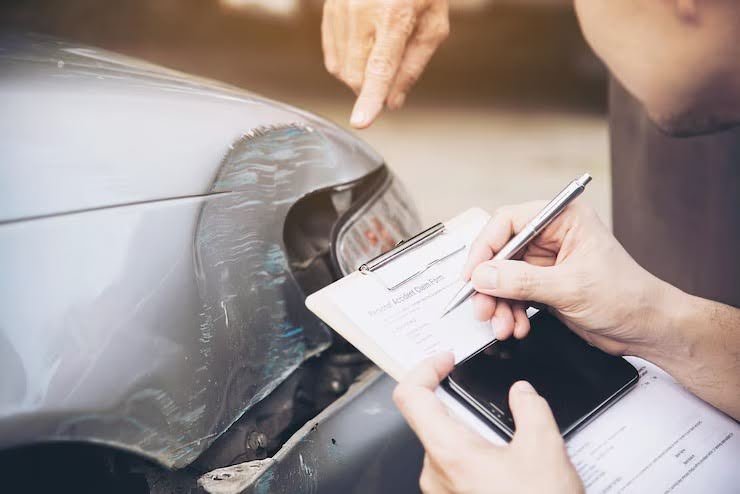
If you’ve been involved in a traffic accident and now find yourself on the receiving end of a legal claim, it can feel like a daunting situation. Whether it’s a minor scrape or something more serious, facing a lawsuit isn’t something most people are ready for. Defending against claims for motor accidents in Singapore involves more than just telling your side of the story—it’s about understanding the process, knowing your rights, and making informed decisions.
Here’s what you need to know if you’re looking to protect yourself, your licence, and your peace of mind.
How Liability Is Determined In A Motor Accident Claim

When it comes to defending against claims for motor accidents in Singapore, one of the most important issues is determining who is at fault and to what extent.
Liability in a road accident isn’t always black and white. In Singapore, the Court looks at a variety of factors to figure out who was responsible. It’s not just about who hit whom.
Instead, the Court considers the full picture: what each party was doing, whether any traffic rules were breached, and whether either driver was acting negligently.
Factors The Court Will Consider:
- Traffic Police Reports: These can indicate whether any charges were brought or if either party was found to have violated road traffic rules.
- Dashcam Footage: Increasingly common and often very useful, video recordings can offer clear evidence of how the accident happened.
- Eyewitness Testimony: Independent accounts from bystanders or passengers can help clarify what took place.
- Vehicle Damage: The nature and location of damage can suggest the point of impact and direction of travel.
- Road Conditions and Signage: The Court may also take into account whether road signs were obeyed or visibility was poor due to weather or lighting.
In some cases, the Court may decide that both parties share the blame. This is known as contributory negligence, and it means that liability, and therefore compensation, may be split between the parties in proportion to their responsibility.
Possible Defences You Can Raise In A Motor Accident Claim

Whether the other driver is exaggerating their injuries or overlooking their own fault, the Court is not interested in one-sided stories. Defending against claims for motor accidents in Singapore is often about showing that the situation wasn’t as straightforward as it may first seem.
Here are some of the common defences that may apply, depending on your situation:
1. Contributory Negligence
This is one of the most frequently used defences. If the other party was partly to blame for the accident—say, they were jaywalking or failed to signal—the Court may split the responsibility between both sides. That means even if you’re found liable, the compensation you need to pay could be reduced.
You’ll need to show how the other party failed to take reasonable care of their own safety. For example, if a pedestrian dashed across the road suddenly while you were slightly over the speed limit, the Court may find both parties had a role in the outcome.
2. Agony Of The Moment
Sometimes, a driver is forced to make a split-second decision, like swerving or braking suddenly, to avoid an unexpected hazard. If your actions were reasonable in that high-pressure moment, the Court may accept that you were doing your best to avoid a worse outcome.
This defence isn’t about being perfect. It’s about whether your reaction was something any reasonable driver might have done in the same situation.
3. Inevitable Accident
This defence is used when the accident couldn’t have been avoided, even if you were exercising proper care and attention. Maybe your vehicle hit an oil slick, or a tyre burst without warning. If you can show that you did everything reasonably expected of a careful driver, and the incident still happened, the Court may consider it an unavoidable accident.
That said, you’ll likely need solid evidence, such as maintenance records or expert opinion, to support this defence.
4. Voluntary Acceptance Of Risk
Also known as volenti non fit injuria, this defence is based on the idea that someone knowingly accepted the risks involved. For example, if a person willingly got into a car knowing the driver was heavily intoxicated, they might be considered to have accepted the risk of harm.
However, in Singapore, this defence is unlikely to succeed in motor claims because insurance law generally overrides such personal agreements.
Specifically, section 5 of the Motor Vehicles (Third-Party Risks and Compensation) Act prevents insurers from avoiding liability based on the claimant’s consent to risk.
5. Illegality (Ex Turpi Causa)
This defence is used when the claimant’s own unlawful conduct is closely tied to their injury. Say the claimant was involved in an illegal act, like encouraging an unlicensed driver to operate a vehicle, and then got injured in the resulting crash. In such cases, the Court may refuse to award any damages.
It’s a rare defence and only applies when the wrongdoing is serious enough and directly linked to the accident.
6. Finality Of Judgement (Res Judicata)
This is more a procedural safeguard than a defence. If the same issue has already been decided by the Court between the same parties, it can’t be re-litigated. So if someone tries to bring up a new claim that should have been addressed in a previous case, the Court can strike it out.
The principle is simple: once a matter is decided, it shouldn’t be reopened unless there are strong legal grounds.
Conclusion About Defending Against Claims For Motor Accidents In Singapore
Facing a road accident claim isn’t easy, but you don’t have to go through it alone. Knowing your rights, taking timely action, and getting the right legal help can make all the difference.
If you’re looking for support in defending against claims for motor accidents in Singapore, reach out to Tembusu Law, home to some of the best criminal lawyers in Singapore.
Let us help you protect what matters through our free consultation.
Frequently Asked Questions About Defending Against Claims For Motor Accidents In Singapore
What Should I Do Immediately After Receiving A Letter Of Demand?
Respond promptly, preferably through your insurer or legal counsel. Ignoring it may lead to a default judgment and increased liability.
Can I Represent Myself In Court For A Motor Accident Claim?
Yes, you can. However, having a lawyer improves your chances, especially if the case involves injury or disputed facts.
What Happens If Both Drivers Are Partially At Fault?
The Court may assign a percentage of blame to each party. Damages are then apportioned based on this share of liability.
Can My Insurance Refuse To Cover Me?
Yes, if the incident falls outside the terms of your policy, such as drink-driving or using the vehicle for unapproved purposes, coverage may be denied.